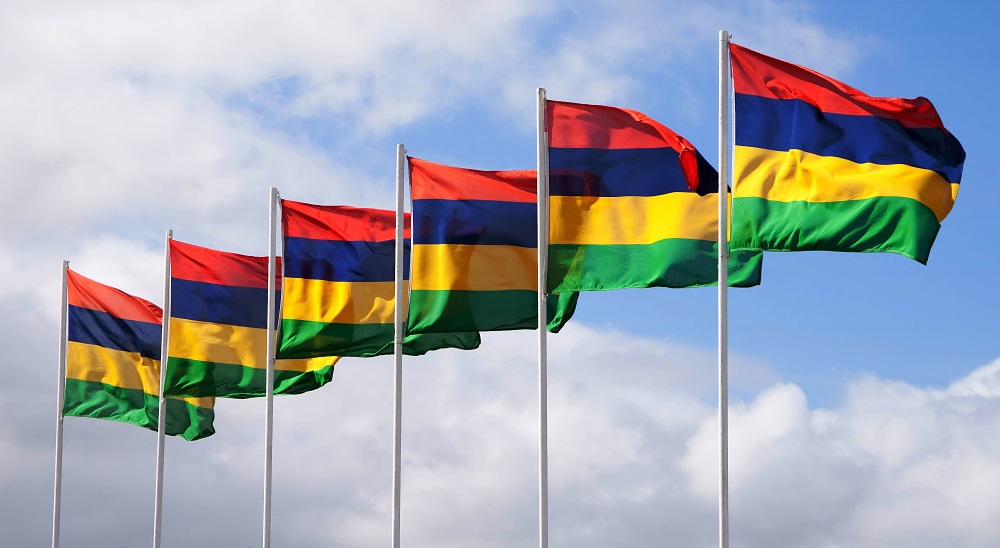
Mauritian Prime Minister Pravind Kumar Jugnauth conceded defeat in the November 11 parliamentary elections, amid concerns over the political and economic future of one of Africa’s most stable and prosperous democracies.
By midday, partial results indicated a win for the Alliance for Change, led by 77-year-old Labour Party leader and former Prime Minister Navin Ramgoolam.
“We are headed towards a clear defeat,” said 62-year-old Jugnauth, whose Alliance Lepep appeared to be facing a significant loss. “The people have chosen a different team. I wish them success,” he added.
Jugnauth had campaigned strongly on a recent “historic” agreement reached in early October with the United Kingdom on the sovereignty of the Chagos Archipelago, a longstanding point of pride for Mauritius after decades of diplomatic effort. However, his hopes of electoral gain from this achievement were shaken by the leaking of phone conversations between political figures, diplomats, and journalists on social media in October. In response, the government briefly proposed blocking social media until after the election, but public outcry from opposition groups and media outlets forced them to retract this plan on November 1.
Final election results are expected later today, with voter turnout projected at around 80% among the one million registered voters, according to local media. Out of 891 candidates, 62 will be elected to parliament, with an additional eight seats allocated by the Election Supervisory Commission to ensure balanced community representation.
Mauritius, a majority-Hindu nation known for its stability and economic growth, has built a robust economy driven by tourism, financial services, and textiles, achieving a GDP growth rate of 7% in 2023. However, analysts are urging the island to diversify its economy and are increasingly concerned about governance challenges and rising corruption. The island’s pristine white-sand beaches and turquoise waters drew 1.3 million tourists last year, contributing significantly to its economy.
While the Chagos Archipelago agreement marked a diplomatic win for the outgoing administration, it included terms allowing the UK “for an initial period of 99 years” to retain “sovereign rights” over the US military base on Diego Garcia. Some observers have suggested that the outcome of the recent U.S. election, which saw Donald Trump returning to power, could potentially complicate the agreement’s future.
